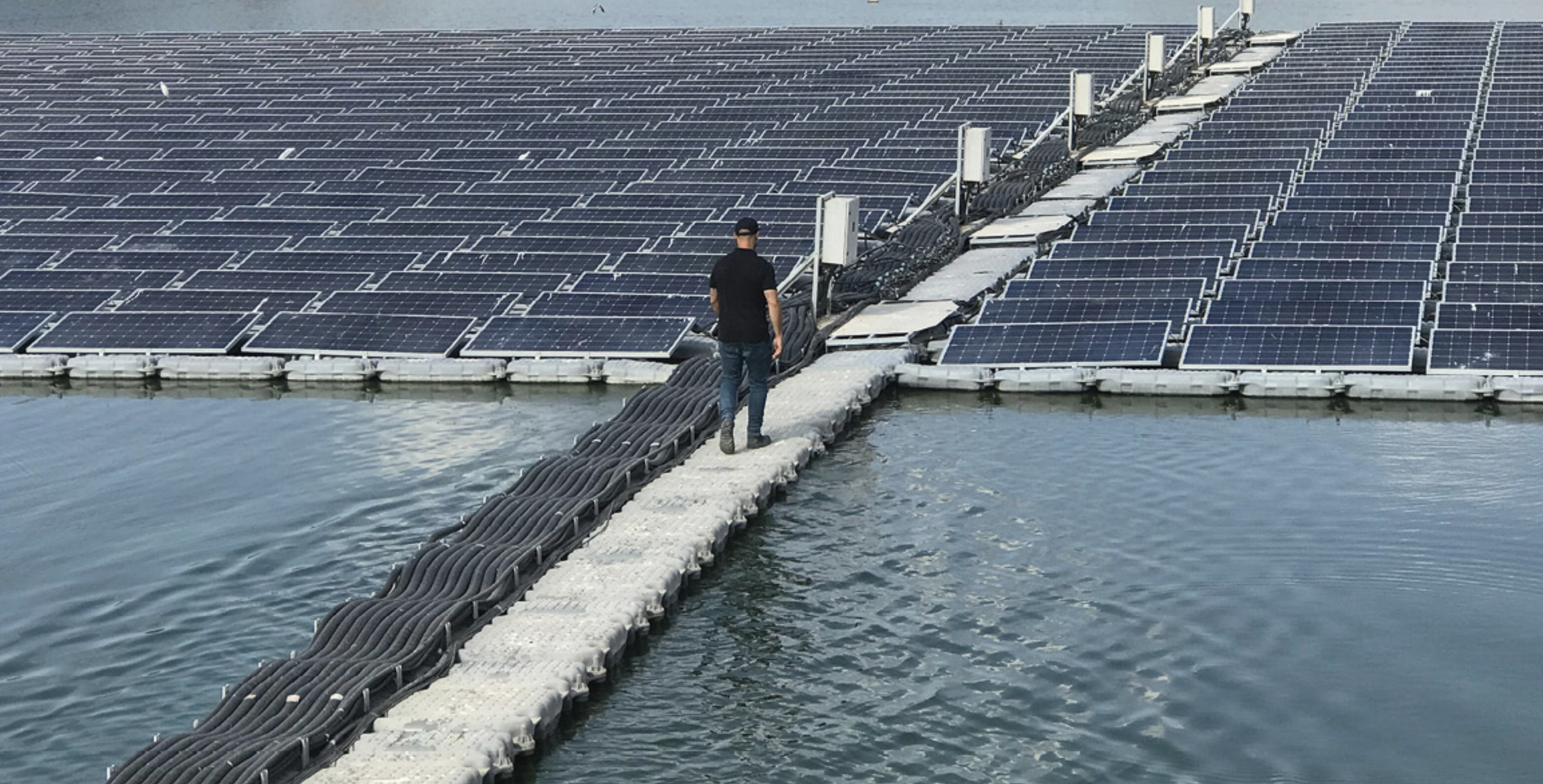Maine’s governor signs controversial net-metering reforms into law
Solar advocates warn that the reforms will have a "chilling effect" on the state's clean energy future.

Solar advocates warn that the reforms will have a "chilling effect" on the state's clean energy future.
Maine Gov. Janet Mills signed a bill into law making community solar and other front-of-the-meter projects ineligible for net metering.
Instead, the Governor’s Energy Office will be tasked with developing a successor program for front-of-the-meter net energy billing projects. If the benefits to ratepayers outweigh the costs, then the Public Utilities Commission will need to approve the plan. (Maine calls its net metering policy “net-energy billing,” which is not to be confused with “net billing.”)
Under Maine’s current law, net-metering customers’ tariff rate is tied to the standard-offer-supply rate plus a fixed portion of the transmission and distribution rate. The new law will impose a monthly fee paid by community solar owners to utilities starting January 2026. The tariff rate for distributed generation resources less than 5 MW will then increase by 2.25% every year beginning Jan. 1, 2027.
(Read: Net metering faces uncertainty in Maine)
The bill LD 1777 received backlash from solar advocates because it places retroactive charges on front-of-the-meter solar projects that are already operating or in development.
“By retroactively changing the compensation for these projects, Maine is sending the signal that investment in clean energy is not stable or reliable,” Kate Daniel, the northeast regional director for the Coalition for Community Solar Access (CCSA) told pv magazine USA.
“This bill will have a chilling effect on new renewable energy projects in Maine, as investors will put a large risk premium on those projects or decide they are too risky to bet on altogether,” she said, and added, “We’re also worried about projects that will have to go back on their word to customers, landowners, and investors because of the new fees and rate cuts.”
In a statement, CCSA said the new law sets a “dangerous precedent for Maine’s clean energy future.”
“LD 1777 tears up fair market rules and breaks trust with local communities, landowners, and small businesses who entered into contracts in good faith,” CCSA said. “It signals to clean energy investors that Maine is willing to change the rules halfway through the game — a message that will chill future investment and stall local projects just when Maine needs affordable, reliable energy the most.”
In support of the bill’s passage, Maine Public Advocate Heather Sanborn said, “Maine’s community solar program needs reform precisely because it has been so successful,” she said. “We set out to build 750 MW of solar, and instead we’ve built more than 1600 MW. Now we need to make sure that solar power is delivered affordably to Mainers going forward.”
Maine’s current kilowatt-hour program provides kilowatt-hour credits on electric bills for those who have home solar panels or subscribe to community solar. The program has come under fire for the incentives it provides to solar developers, which critics say utility customers pay for.
However, opponents of LD 1777 said fossil-fuel volatility and rising transmission costs are behind Maine’s electric prices, which are among the highest in the country.
Maine first established a community solar policy in 2011. When Gov. Mills signed Maine’s current net energy billing program into law in 2019, Maine had just 88 MWac of community solar.
Following Gov Mills’ signing of Maine’s current net energy billing program into law, Maine’s community solar market surged to the highest capacity per capita in the country, from just 88 MWac in 2019 to 936 MWac in 2025, according to the Institute for Local Self-Reliance (ILSR).
Maine’s community solar sector has brought in over $800 million in private investment and delivered on 15% monthly bill savings to subscribers since 2019, according to CCSA.
According to the Solar Energy Industries Association, 2.78% of Maine homes have solar, ranking the state 34th for solar capacity and 27th per capita in the solar residential sector.
Changes to net metering policies are taking place in states across the nation with its effect most dramatic in California. Read about other solar-related bills state lawmakers debated this legislative session here.
What's Your Reaction?



























































